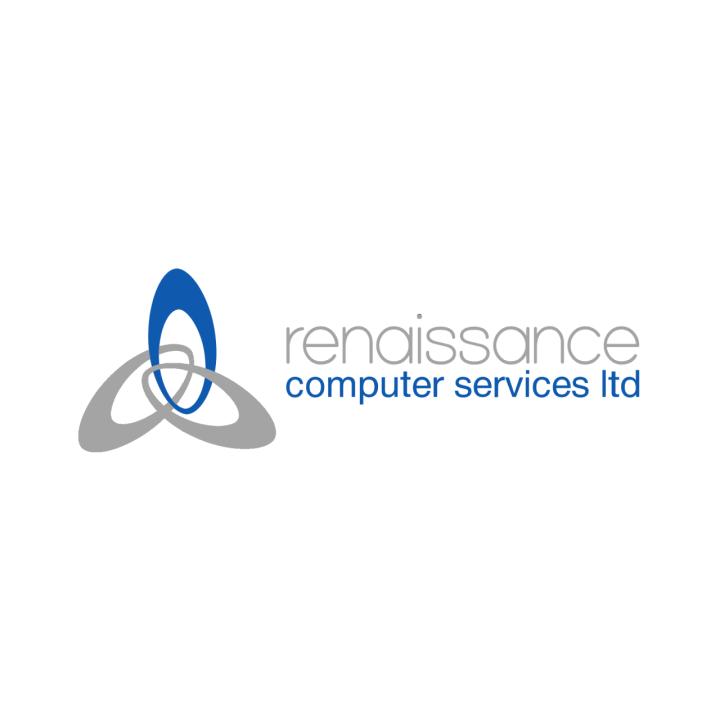Notifications

The construction industry is undergoing a radical transformation. No longer rooted solely in bricks, mortar, and scaffolding, modern construction is increasingly driven by technological innovation. As companies race to meet tighter deadlines, sustainability goals, and increased safety standards, advanced digital tools are becoming indispensable on job sites.
From intelligent design systems to wearable safety gear, construction tech is ushering in an era where precision, productivity, and protection go hand in hand. However, this shift also brings new responsibilities — particularly around cybersecurity and operational continuity. That’s where managed IT services security and expert IT support for construction companies come into sharp focus, safeguarding data and systems as the industry builds forward.
Let’s explore the top five technology trends transforming the construction landscape today.
Building Information Modelling (BIM) has redefined how structures are conceptualised, designed, and managed. By offering a digital representation of the physical and functional aspects of a building, BIM enables architects, engineers, and contractors to collaborate within a shared environment.
Gone are the days of flat blueprints. Today, 3D and even 4D models (which include time as a variable) allow for enhanced project visualisation, enabling early detection of design clashes, better cost forecasting, and more informed decision-making. The result is a reduction in rework, improved resource management, and more efficient construction timelines.
But BIM doesn’t just live on desktops. It functions across cloud platforms where project stakeholders can access up-to-date information in real time — whether they’re in the office or on-site. This constant flow of data across multiple access points demands robust cybersecurity measures.
That’s why managed IT services security is critical in BIM environments. As designs and data are shared across networks, securing intellectual property and proprietary models becomes a top priority. A breach could compromise not only project timelines but also client trust. IT providers who specialise in construction sector needs can implement encrypted platforms, multi-user authentication protocols, and real-time monitoring to mitigate these risks.

Drone technology is rapidly becoming a fixture in construction site operations, and for good reason. Unmanned aerial vehicles (UAVs) provide a bird’s-eye view of large or complex sites, allowing project teams to conduct surveys, inspect infrastructure, and monitor progress with unmatched accuracy and efficiency.
Traditional site surveys might take days or weeks to complete. Drones, however, can map a site within hours, reducing delays and labour costs. They also enhance safety by minimising the need for workers to access hazardous areas during inspection or measurement.
In addition to real-time imaging, drones are equipped with sensors and GPS systems that collect valuable topographical and environmental data. This information feeds directly into software systems used for planning, compliance checks, and progress reporting.
Reliable IT support for construction companies ensures drone systems are seamlessly integrated with backend servers and analytics tools. Whether it’s establishing on-site connectivity, supporting mobile upload workflows, or troubleshooting compatibility issues, having dedicated support can be the difference between productive insights and wasted resources.
Additionally, as drone usage increases, so does the need to protect this aerial data from interception or corruption. Here again, managed IT services security plays a role in encrypting transmission, managing storage access, and enforcing compliance with data protection standards.
Construction remains one of the most physically demanding and hazardous industries. Fortunately, wearable technology is helping to reshape worker safety protocols through smart integration of health monitoring and situational awareness.
Modern job sites are now equipped with devices like smart helmets, safety vests with GPS tracking, and augmented reality (AR) glasses. These tools can alert supervisors to unsafe conditions, track employee movements to avoid restricted zones, and even detect signs of fatigue or exposure to harmful gases.
Yet, for wearables to deliver consistent results, they require seamless wireless connectivity, often in environments with high interference or variable signal strength. This is where strong IT support for construction companies becomes essential. Support teams can implement site-wide networks, optimise device pairing, and troubleshoot signal blackouts, ensuring continuous performance of these life-saving technologies.
Equally important is the protection of personal and site data generated by wearables. With each device gathering sensitive biometric and behavioural information, privacy and compliance become paramount. Managed IT services security helps encrypt wearable data, set user access permissions, and safeguard against unauthorised breaches.
Efficiency is no longer confined to the office — it travels with teams across multiple construction sites. This evolution has led to a surge in construction management platforms and mobile apps tailored for the industry.
Today’s software can coordinate procurement schedules, track inventory, monitor budget allocations, and manage workforce distribution from one central dashboard. Apps allow supervisors to log updates, file reports, and share images directly from the field. This real-time visibility is transforming how projects are managed.
The key advantage? Faster decision-making, reduced miscommunication, and streamlined documentation. But to fully harness these benefits, companies must ensure software and apps are compatible across devices, operating systems, and site environments.
Professional IT support for construction companies bridges this gap. Whether it’s onboarding new project management tools, maintaining system uptime, or integrating mobile apps with legacy systems, an experienced IT partner ensures smooth transitions and day-to-day reliability.
Moreover, as sensitive business data travels through cloud-based platforms, ensuring airtight security becomes a non-negotiable aspect of tech adoption.

Artificial Intelligence (AI) is no longer a buzzword reserved for tech startups — it’s actively transforming how construction companies approach forecasting, risk management, and maintenance planning.
AI tools can process vast amounts of data from past projects to identify patterns and provide recommendations. Whether it's predicting project delays due to weather, optimising supply chain schedules, or flagging safety risks, predictive analytics is driving smarter decisions with greater foresight.
AI systems also play a crucial role in monitoring equipment health. By analysing usage data, these tools can signal when machinery is likely to fail, allowing for maintenance before breakdowns occur. This minimises project delays and extends the life cycle of critical assets.
Likewise, ensuring the availability and functionality of AI platforms falls under the remit of robust IT support for construction companies. This includes everything from managing cloud hosting environments to maintaining processing capacity and integrating third-party analytics tools.
As the construction industry leans more into digital tools, it's clear that embracing technology is not just a trend — it’s a necessity. From BIM and drones to AI and wearables, the evolution of tech is improving safety, productivity, and profitability on site.
That’s why managed IT services security and reliable IT support for construction companies are no longer optional — they’re strategic necessities. By investing in secure, scalable, and responsive IT frameworks, construction firms can not only meet today’s demands but also future-proof their operations for tomorrow.
For those ready to take the next step in transforming their construction business through technology, Renaissance Computer Services Limited is here to support your journey — with tailored IT solutions that prioritise your security, performance, and progress.


